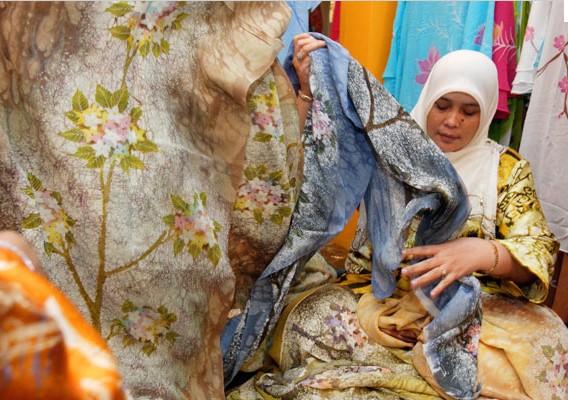Women's Lower Status Puts Asia's Future at Risk
The Asia Society survey on women’s status in health, education, economic activity and political leadership urges improvements to ensure the region benefits fully from its underused pool of human talent. The 2 billion women in Asia are still paid less than men for similar work and are extremely underrepresented in top leadership positions, according to a report that estimates limited female employment ultimately cost the region $89 billion a year in lost productivity.
- Political leadership and representation: Asia leads the world in terms of the number of years women have governed as heads of state, and currently has four women leaders. But the report attributes that to dynastic traditions calling for women to take over from fathers, husbands or sons when they die, are imprisoned or killed.
- Wages and pay gaps: This issue remains especially significant, the report said, with the ratio of women’s pay to men’s lowest in South Korea, at 51 percent, below that of Nepal, Bangladesh and China. Japan’s was not much better, at 60 percent. The narrowest gaps, the report found, were in Malaysia and Singapore, at 81 percent, and Mongolia and Thailand, at just under 80 percent. Globally, women’s pay is 20 percent to 30 percent less than men’s, on average.
- Corporate leadership: Japan came in worst in the region with just 5 percent of corporate positions held by women. Thailand and the Philippines ranked highest in this regard, with women holding 39 percent of senior level positions, while India came in at 14 percent and China 25 percent.
The report says many of the social inequalities begin before birth, with sex-selective abortions and infanticide due to a preference for sons in countries such as China and India. The report also notes the bias in favor of sons means that girls in some countries receive poorer medical care, nutrition and education than boys, especially in developing countries. The discrepancy in schooling leaves the majority of women in four Asian nations illiterate, and the report cited female literacy rates of 10 percent in Bhutan, 16 percent in Pakistan, 25 percent in Nepal and 31 percent in Bangladesh.
Read more: Boston Globe





0 comments